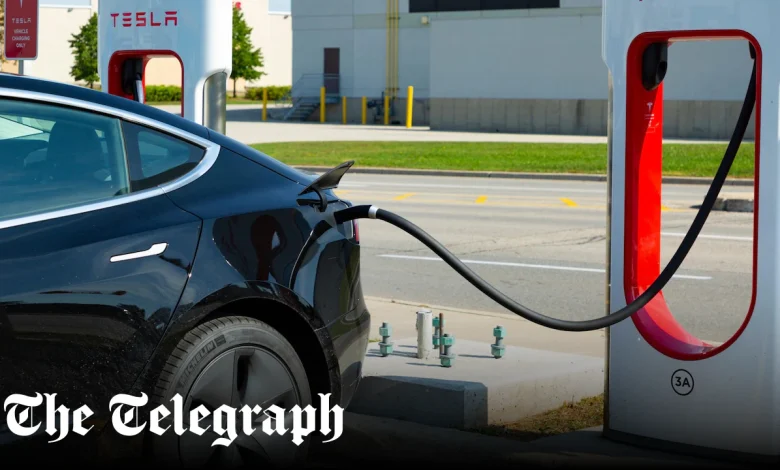Pay-per-mile car charging for electric cars makes sense – until all cars are targeted

Chancellor Rachel Reeves seems set to announce pay-per-mile charging for electric vehicles (EVs) in tomorrow’s autumn Budget, first reported by The Telegraph earlier this month.
It is expected she plans to charge a 3p per mile tax on EVs (a bit less for petrol/electric hybrid vehicles), to come into effect in 2028.
A Treasury spokesperson refused to confirm the details, yet added credence to the leaked news by saying: “Fuel duty covers petrol and diesel, but there’s no equivalent for EVs.
“We want a fairer system for all drivers whilst backing the transition to EVs, including grants to cut upfront costs by up to £3,750 per eligible vehicle.”
The Chancellor is also expected to announce an extra £1.3bn funding towards these grants, which offer a discount of up to £3,750 on a new electric car.
“Just as it is right to seek a tax system that fairly funds roads, infrastructure and public services, we will look at further support measures to make owning EVs more convenient and more affordable,” said the Treasury spokesperson.
How might it work?
Steve Gooding, director of the RAC Foundation (a transport policy and research organisation), sees the introduction of pay-per-mile charging for EVs as a logical move given the Government is losing revenue from fuel duty as more and more drivers switch to electric propulsion.
“EVs might not be imposing costs on society by tailpipe emissions, but they still contribute to congestion and pollutants such as brake dust and tyre wear, or be involved in crashes leading to human casualties,” he says.
As to how a car’s mileage data might be accessed to calculate a pay-per-mile charge, Gooding points to various models in New Zealand, Iceland and several US states, such as Oregon.





